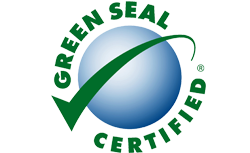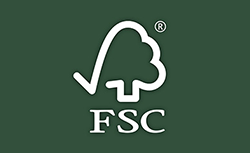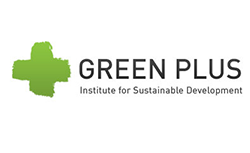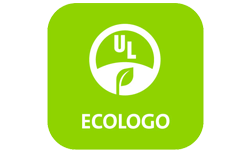Sustainable Choices to Help Care for Earth
Recycle Content
Biodegradable
Compostable
Recyclable
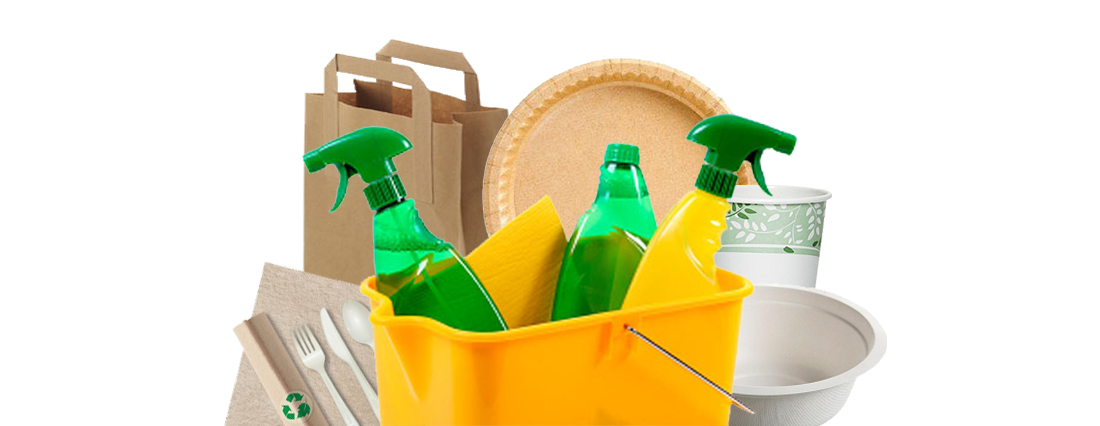
Reduce, Reuse, Recycle
Alliance Paper and Foodservice Equipment carries a wide range of eco-friendly products. Our products can help you create a greener restaurant, workplace, business or home, while saving the environment and protecting your health.
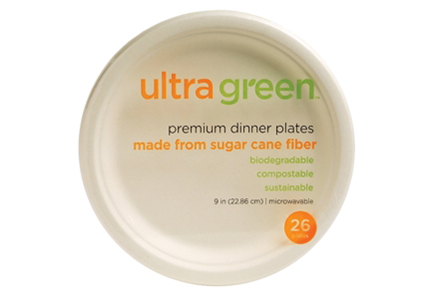
Plates
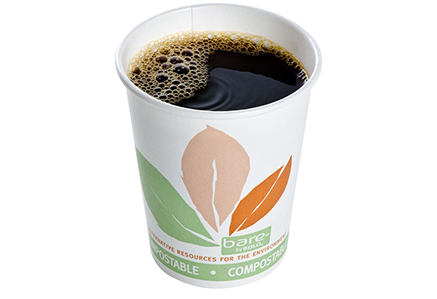
Cups
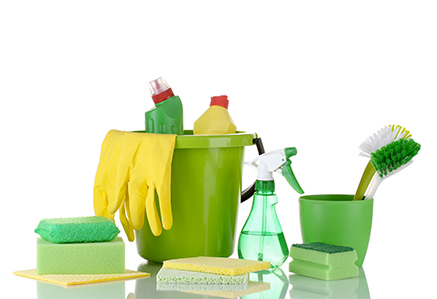
Cleaning Supplies
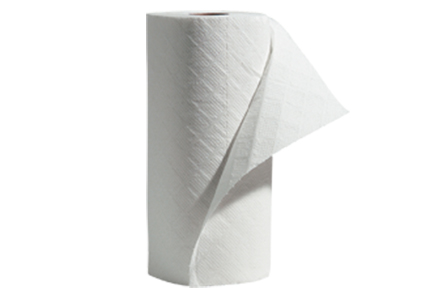
Paper Towel Rolls
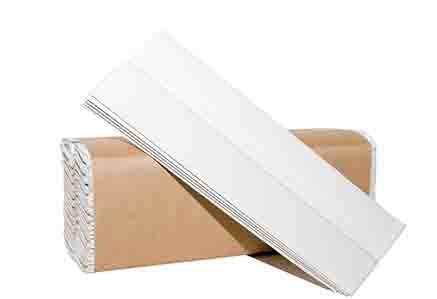
Paper Towels – Multifold
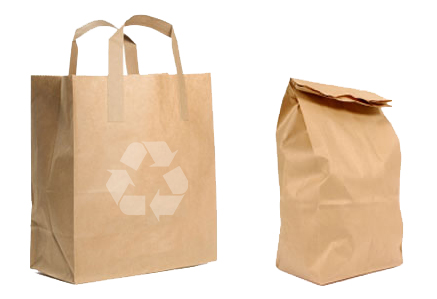
Paper Bags & Sacks
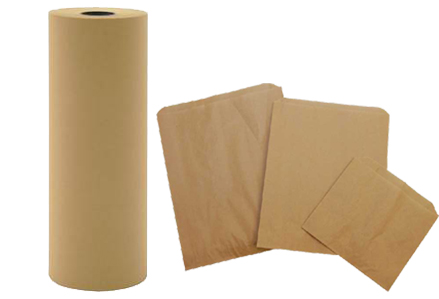
Bakery & Butcher Paper
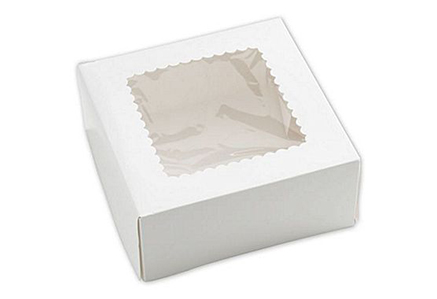
Bakery Boxes
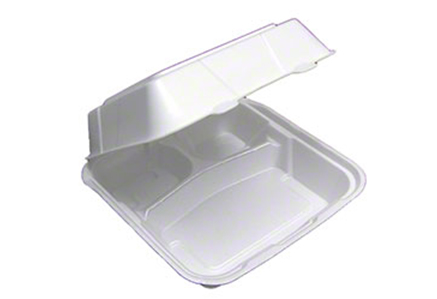
Carry Out Containers
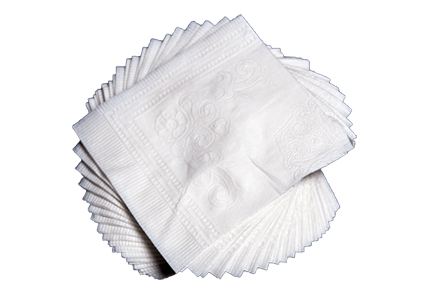
Napkins
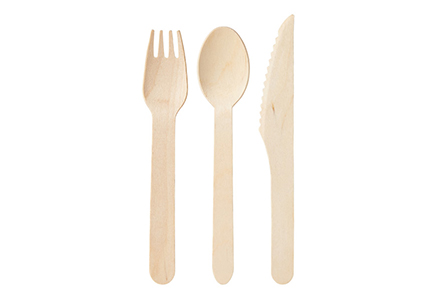
Cutlery
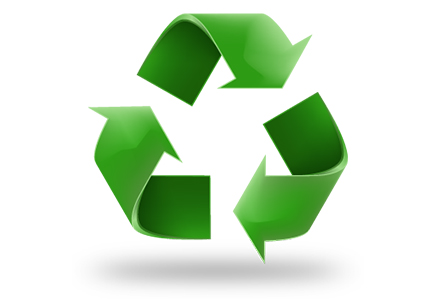
+MORE
Guide to Plastic Recycling Numbers
Plastics products are identified by numbers 1 through 7. Usually, but not always located on the bottom of the package. These numbers are a code for the specific type of plastic. Below are a list of the numbers and a few examples where you may find this type of plastic in use.
Polyethylene Terephthalate – Fizzy drink bottles, oven-ready meal trays and water bottles. PET is a very sought after plastic for recycling. Although it is estimated only 20% of total PET production makes it into recycled product.
High-density Polyethylene – Milk bottles, detergent bottles, yogurt tubs, margarine tubs, cereal box liners, grocery liners, trash bags, and retail bags. Low risk of leaching and readily accepted by most recycling programs.
Polyvinyl Chloride – Cling film (plastic food wrap), vegetable oil bottles, loose-leaf binders, shower curtains, and construction products such as PVC pipes. Not easily recycled.
Low-density Polyethylene – Dry cleaning bags, produce bags, trash can liners, bread bags, grocery bags, frozen food bags and squeezable bottles, such as mustard and honey. Not often accepted by curbside recycling although some supermarket chains accept the bags.
Polypropylene – Ketchup bottles, medicine bottles, aerosol caps, higher heat food containers, and drinking straws. This plastic is generally regarded as safe and is becoming more acceptable to curbside recycling.
Polystyrene – Compact disc jackets, grocery store meat trays, egg cartons, aspirin bottles, foam packaging peanuts and plastic tableware. Usually but not always used in “harder” plastic product production. Not easy to recycle. Some cities have been the use of PS products.
Large reusable water bottles, certain kinds of food containers. #7 can quite often be a blend of plastics for a specific use. Not generally accepted by recycling programs.

